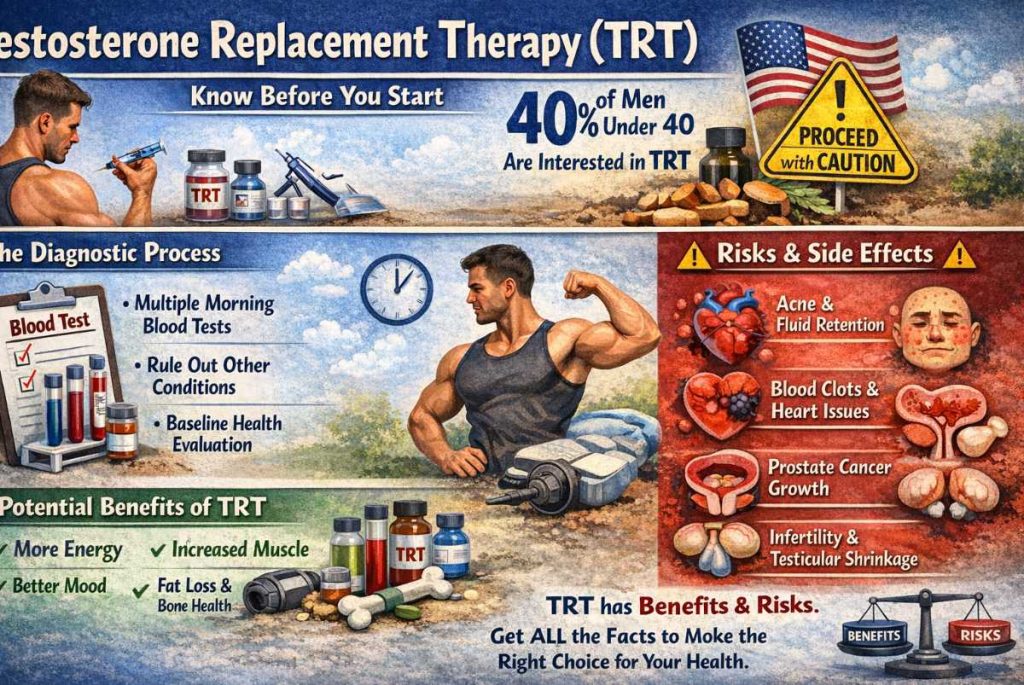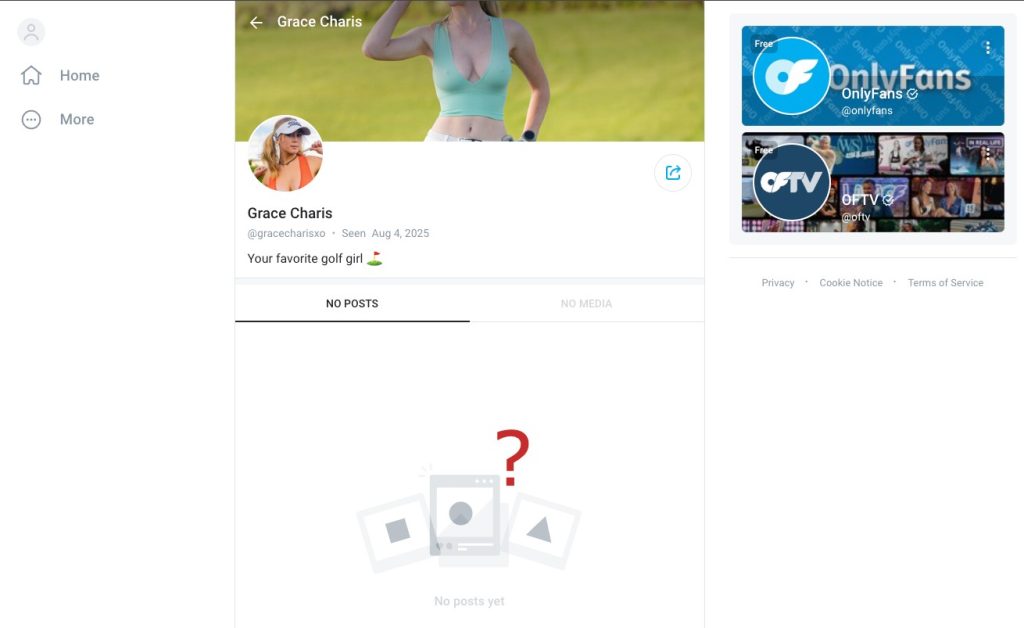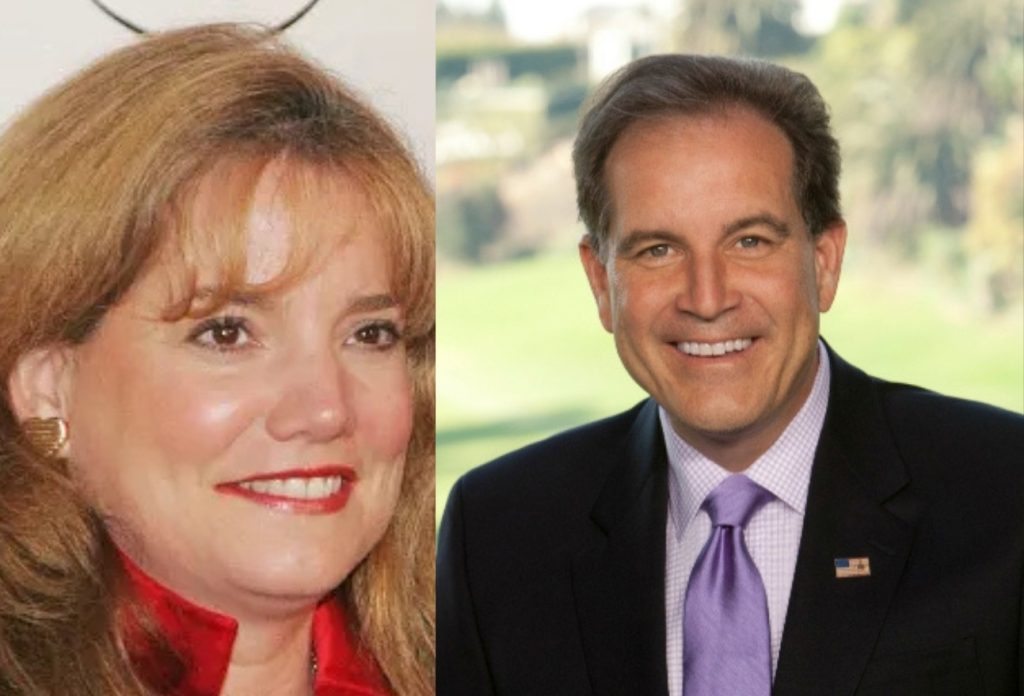The concept of “lifestyle” in 2025 is more personal and more complex than ever. No longer confined to what we wear, where we travel, or how we decorate our homes, lifestyle today is about the way we manage our time, mental space, and digital presence. It’s a blend of values, choices, and habits that define who we are — and who we want to be.
The world is faster. We’re more connected. But amidst that speed, people are slowing down in ways that feel intentional, curated, and reflective.
From minimalist wardrobes to four-day workweeks and mindful tech use, the modern lifestyle is about alignment: between what we do, what we consume, and how we feel about it all.
Redefining Success and Routine
For decades, lifestyle was equated with outward signs of success — cars, clothes, and exclusive memberships. In 2025, those markers have been replaced by flexibility, wellness, and creative autonomy.
A “successful” lifestyle today might mean working remotely from a quiet town, choosing a side gig that funds travel, or leaving behind a 60-hour grind in favor of less stress and more sleep.
Routine has also been redefined. Instead of the traditional 9 to 5, many are crafting schedules around energy levels and personal priorities. Morning yoga followed by remote work, an afternoon nap, and an evening spent on hobbies — this isn’t just possible now, it’s becoming normal.
Technology has enabled this shift, but the motivation behind it is human: people are actively designing lives that feel more intentional and less dictated.
The Rise of Micro-Habits
Lifestyle upgrades are no longer about big, sweeping changes. In 2025, it’s the micro-habits that matter: five minutes of breathwork in the morning, swapping coffee for herbal tea twice a week, reading a chapter before bed instead of doom-scrolling.
These subtle shifts create a ripple effect that shapes how we move through life.
Apps that nudge you toward healthier behaviors — from hydration reminders to digital detox timers — have become lifestyle companions. Importantly, they’re no longer marketed around productivity alone, but around overall balance and well-being.
Digital Consumption as a Lifestyle Marker

How we consume digital content has also become a lifestyle statement. What you follow, what you share, and how you engage online say as much about you as the books on your shelf once did. Some people use their platforms to document personal growth, promote slow living, or share wellness routines.
Others curate their feed with art, niche memes, or obscure travel spots. Whatever the theme, your digital fingerprint reflects your values.
Interestingly, this has fueled the rise of “digital minimalism” — the conscious reduction of screen time and social media use.
Many have deleted dozens of unused apps, turned off all but essential notifications, or even bought minimalist phones with limited functionality. The idea isn’t to reject technology, but to engage with it on your own terms.
Lifestyle Spending in a Subscription World
As lifestyles become more digital and convenience-driven, so does spending. Meal kits, mindfulness apps, language learning platforms, and personalized skincare subscriptions are all part of the modern lifestyle ecosystem. These services promise not just products, but a way of life — one that feels smart, curated, and forward-thinking.
And yes, entertainment has its place too. For many, it’s not just about watching content or listening to music, but about interactive experiences. Platforms that combine gaming, strategy, and rewards – like pafbet.lv – have quietly become part of some users’ leisure habits.
While not a core focus, this kind of entertainment reflects a broader trend: people are seeking stimulation and small escapes that fit seamlessly into their daily routines.
Mental Wellness as a Daily Practice
Perhaps the most powerful shift in lifestyle is the emphasis on mental well-being. What was once a hush-hush topic is now front and center. People talk about therapy as casually as they talk about workouts. Meditation is mainstream.
Workplaces promote mental health days. And there’s growing awareness that boundaries — with tech, with work, with people — are essential for a sustainable lifestyle.
It’s not about perfection. It’s about regulation. Managing burnout, creating space to reset, and recognizing when to slow down — these are all signs of a modern, thoughtful lifestyle.
A Lifestyle Designed, Not Inherited
Ultimately, lifestyle in 2025 isn’t inherited from family or dictated by tradition. It’s chosen. Crafted. Adjusted over time. And while social media still influences trends, people are becoming more confident in filtering out noise and creating a rhythm that suits them.
There’s no one-size-fits-all blueprint anymore. Whether your ideal day starts at sunrise with journaling or at noon with coffee and silence, lifestyle is no longer about image. It’s about intention.
And that’s what makes this era so exciting — the freedom to redefine what a “good life” means, in your own terms, every single day.





